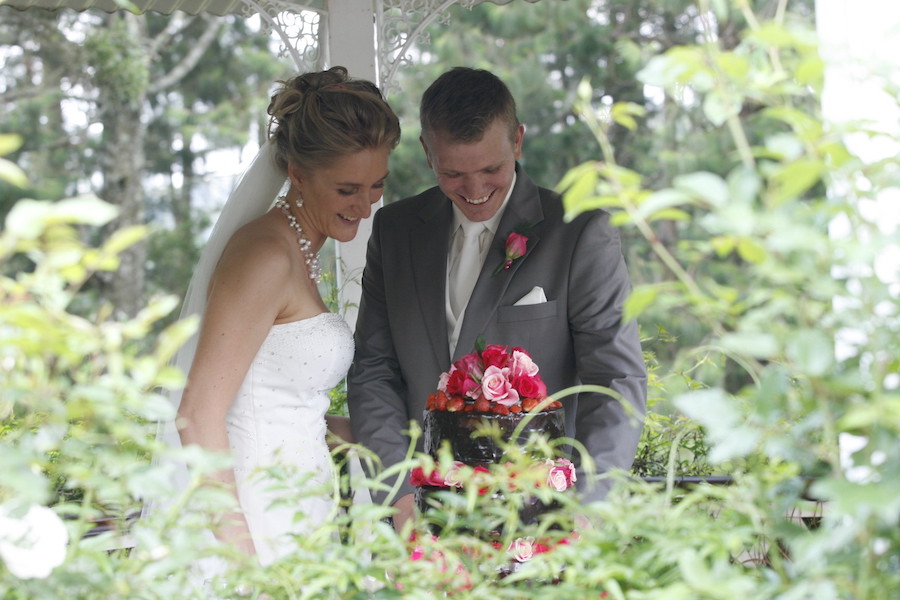My partner became severely ill in 2010. She’d been slowly getting sicker for several years prior, but that was the year she crashed and didn’t recover.
My initial response to her illness was to do everything I could to find a solution. We saw doctor after doctor. I spent hours researching possible causes, tracking down supplements, buying organic food and importing special probiotic cultures from the United States.
We walked together when I got home from work, slowly increasing the duration from 30 seconds to 10 minutes. It felt like we were making real progress. But she crashed again. She became increasingly sensitive to sound and light and spent most days completely bed-bound. Eventually, we had to admit that we didn’t know what to do to heal her, and I had to come to terms with the fact that I was now primarily her caregiver rather than her husband.
I was stuck in a transactional mindset, thinking that if I got things right, or worked hard enough, I would be rewarded with my partner’s return to health. I don’t think it is coincidental that I became an atheist during this time. I found comfort in the idea of a purely material, meaningless world where difficult things happened at random.
Chronically ill people often talk about the experience of grief. There is deep grief in being a caregiver too. Grieving the loss of the lives we dreamed of, the loss of our identities, the loss of the person that I’d married. But this process also led me to find my way towards a more spiritual path. Reading Toni Bernhard’s book How to Be Sick: A Buddhist-Inspired Guide for the Chronically Ill and Their Caregivers was a crucial turning point for me. The book’s practices of compassion and acceptance began to help me accept our situation with more grace. Meditation practices focusing on the four limitless qualities of loving; kindness, compassion, joy and equanimity – helped me let go of the difficulty of my partner’s deepening reliance on me.
After a while, I realized this acceptance remained primarily focused on myself. I had become overly focused on coping with my own suffering, and I was using Buddhist practices to cope through an intellectual understanding of suffering.
More on Broadview:
- How long COVID is shining a new light on chronic fatigue syndrome
- My spina bifida has shaped my life but it doesn’t define me
- I’ve lived with mental illness for decades. Finding permanent housing has been a struggle.
Eventually, my partner was diagnosed with kidney cancer. It may sound strange, but finally having any sort of tangible diagnosis was a relief. There was finally something concrete we could do that might improve her health.
She had her kidney removed in December 2019 but sadly her health did not improve. The realization that treating her cancer had not cured her was devastating. It forced me to confront the fact that I was still holding onto the idea that we could find some treatment that would let us return to the life I imagined when we got married.
I finally learned that instead of frantically clinging to fragments of light, I needed to embrace the darkness with love. For me, this meant fully committing to being a caregiver, for as long as it takes, even if that is my entire life. I began to feel a deep sense of participating in a universal love. This understanding was deepened when I encountered Brother Lawrence’s book, Practice of the Presence of God, which helped me find faith through practicing love in the everyday routines of caring for my wife. This faith has become a trust in both love and uncertainty. American priest Richard Rohr wrote that the opposite of faith is certitude, and I have found that to be true in my life. I trust that uncertainty is part of love’s unfolding as I care for my partner.
I also realized that I am just one of millions and millions of people who wake up each day and give themselves in service to others without any possibility of knowing the outcome of their loving actions. That is a deep expression of faith.
“It is love alone that gives worth to all things” – Teresa of Ávila
***
Geoff Jobson is a South African researcher, writer and caregiver, whose work focuses on HIV, health systems and development.
















Beautiful view, good perspective. It’s forcing one to engage and be introspective.